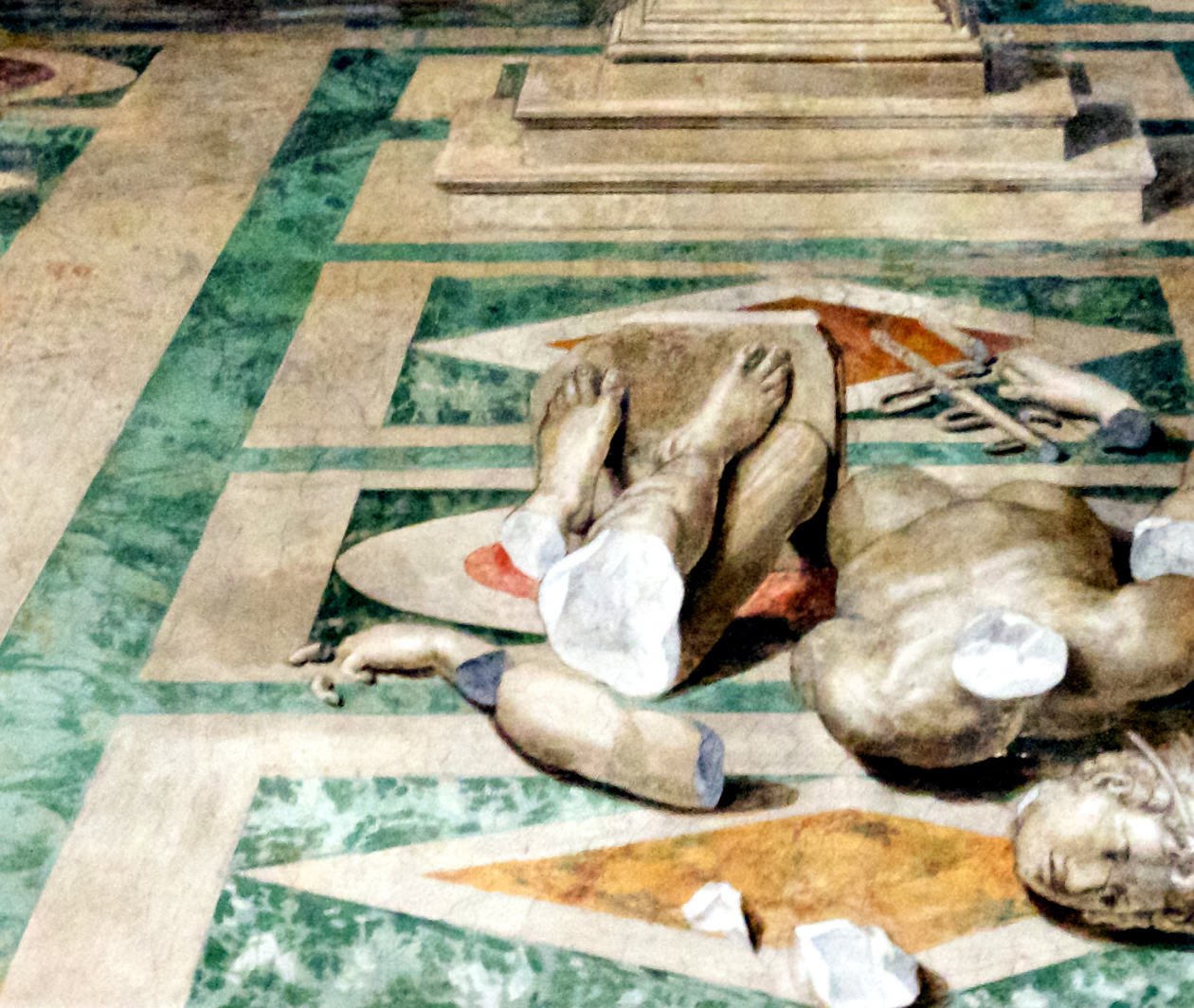Skip to 0 minutes and 22 seconds In recent years, the devastation caused by the theft of art and trafficking of antiquities has gained public attention. Confronted with images of vandals smashing museum pieces with sledge hammers in Iraq, the pockmarked lunar landscapes of looted archaeological sites in Syria and Peru, the freshly decapitated Buddhist sculptures in Cambodia, the empty frames of stolen paintings on museum walls, and the unravelling of communities at the loss of living representations of their gods from temples in South Asia and Latin America. We face a difficult question. How do we protect our heritage from theft, illegal sale, and destruction?
Skip to 1 minute and 4 seconds My name is Donna Yates. And I’m an archaeologist and art crime researcher at the University of Glasgow. Doing this free online course, my colleagues on the trafficking culture project and I invite you to shed some light on the black market for looted artefacts and stolen art. Together we’ll answer the big questions. Who owns the past? Who owns art? Who owns culture? Using tools from criminology, art history, archaeology, law, anthropology, and more, we will explore case studies in antiquity smuggling and art crime from around the world. Together we can come up with solutions to this global problem.

